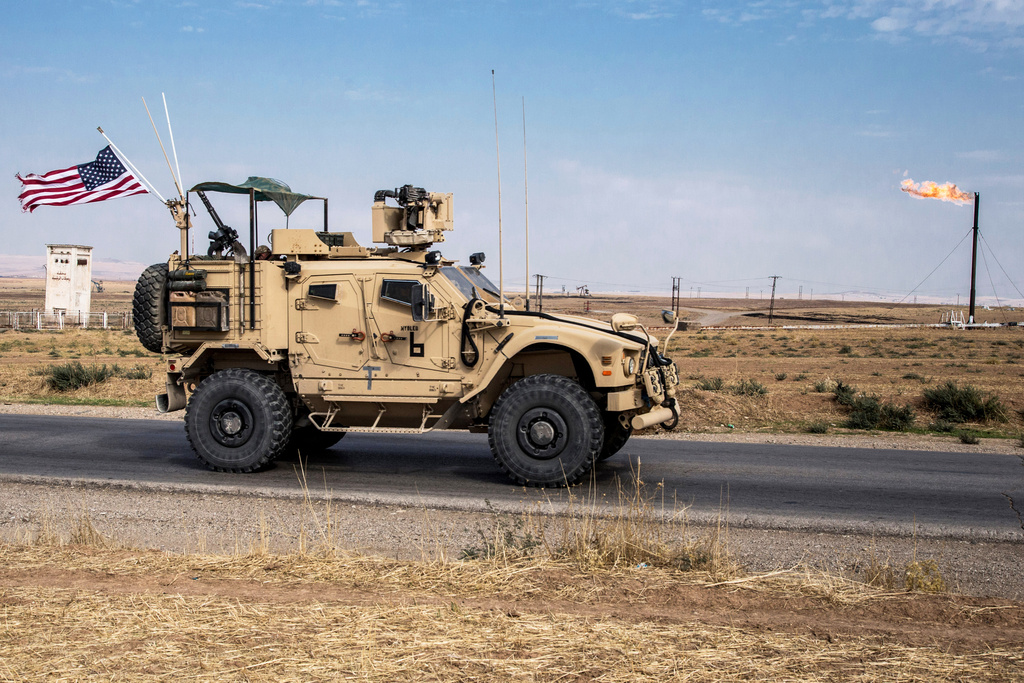The presidential race that seemed like it would never end, at least not without splitting Afghanistan apart, took a step toward a peaceful conclusion Friday as the opposing candidates agreed to a unity deal.
The deal was made known after U.S. Secretary of State John Kerry arrived in Afghanistan unannounced Thursday to check in with the presidential candidates Abdullah Abdullah and Ashraf Ghani.
"I don't think anybody here would doubt that this is a major step, for the road ahead for Afghanistan."
Last month, Kerry helped broker an eight-million vote audit agreed to by both candidates, which was meant to recount every single Afghan vote in June's contentious runoff election.
But that audit has already stalled time and time again. The New York Times summed up the reaction pretty well in an article written in late July:
"'Chaotic' seems to have emerged as the description of choice among Western observers who are trying to be diplomatic about the audit. Among those with less discretion, the word 'mess,' coupled with various adjectives, has been more common."
According to The Wall Street Journal, fewer than 5,000 of the 23,000 ballot boxes have been audited: "Disagreements repeatedly stalled the vote count, with one table failing to complete the review of a single box during their 6½-hour shift."
So, getting the votes right is something that still needs some work. But a unity deal is good news right?
Mostly. According to a press release from the U.S. Department of State, the agreement is only a one-page document, or what they call a "skeletal framework."
"It begins and ends with a discussion of the reform agenda for the new government ... a presidential one where the president will appoint a CEO, and ... ultimately an executive prime minister which would report to the president."
Basically, whichever party loses the recount will get to nominate the CEO, which will be a sort of secondary executive position. The power sharing plan means neither side gets shut out in the cold, but as The Washington Post points out, there's still the issue of the candidates' supporters.
"Questions remain about whether the two can control their rogue supporters and find ways to compromise between the need for reforms and the Afghan 'winner-take-all' tradition. ... Abdullah is beholden to some powerful former militia leaders who have threatened to cause trouble if he loses the recount."
Kerry expressed his hope that the audit would be finished in time for the September NATO summit in Wales, presumably so the new government could sign the accords that would allow NATO troops to remain in Afghanistan after the end of the year.
With the setbacks that the audit has seen so far though — getting it done by the hopeful NATO summit deadline may be easier said than done.
This video has images from Getty Images and the U.S. Department of State.










